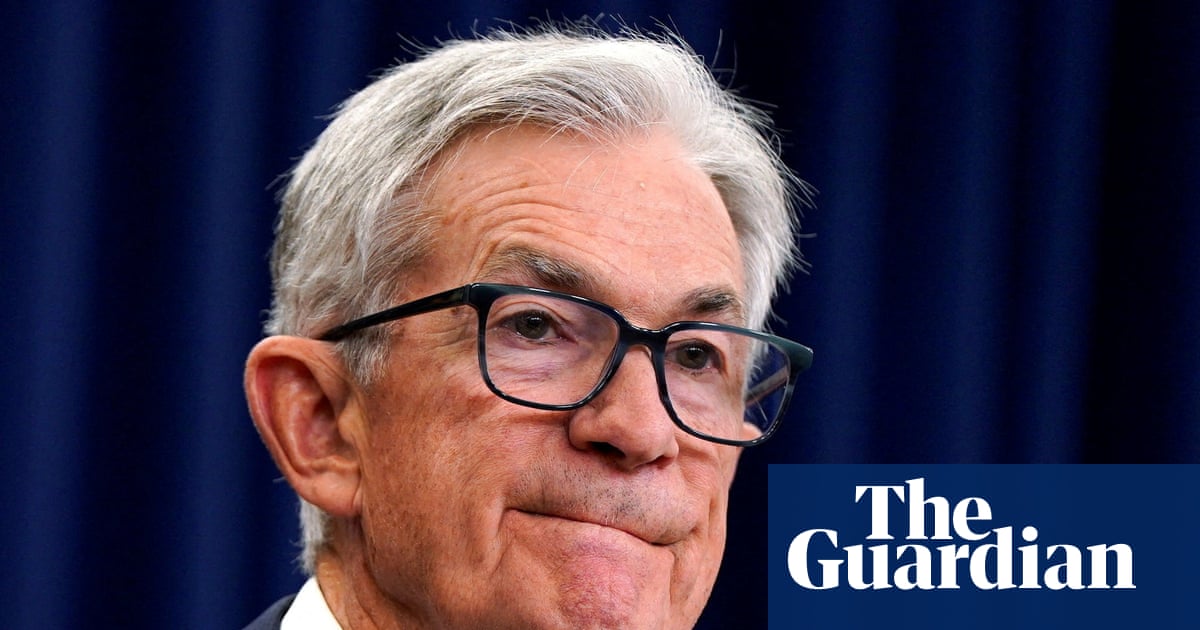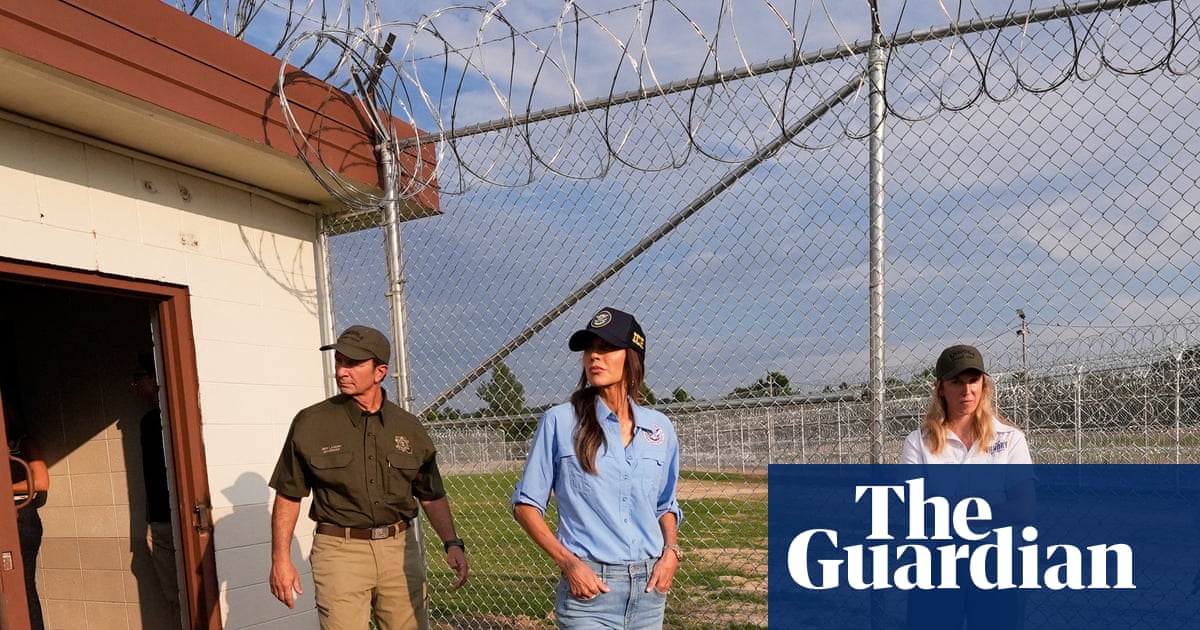BOGOTA, Colombia (AP) — A move in Brazil to suspend a soybean moratorium has scientists and environmentalists warning that losing the agreement could undermine years of progress in cutting deforestation in the Amazon.
A federal judge has temporarily paused the regulator’s order while the case is reviewed, keeping the moratorium in effect for now as the dispute plays out at Brazil’s competition regulator, CADE, and in court.
What the moratorium is and how it works
The moratorium is a multi-stakeholder initiative launched in 2006 after pressure from environmental groups and international buyers, and made indefinite in 2016. It is not a law, but a commitment by major soy traders — later endorsed by the government — to avoid buying soy from Amazon land deforested after July 2008. In 2016, it was renewed without an end date, to remain in place until participants agree it is no longer needed.
It is widely seen as one of the most effective supply-chain tools for slowing deforestation. Enforcement combines satellite monitoring with government farm registries to spot any deforestation in the Amazon biome. Traders must block purchases from farms found in violation, and independent auditors check their supplier lists annually.
Why it is being challenged and debated
Earlier this month, CADE ordered a preventive suspension of the pact while it investigates whether the agreement restricts competition. The regulator has opened an administrative proceeding against Soy Moratorium signatories, including Anec, Abiove, and some 30 soybean traders, accusing them of potential cartel-like behavior under antitrust law.
Critics argue this effectively discourages companies from continuing to avoid soy purchases from newly deforested Amazon land, because it risks branding environmental compliance as an illegal restriction on competition.
The probe follows complaints from several powerful farm interests. They include the agriculture committee of Brazil’s lower house of Congress, the soy and corn producers’ association in Mato Grosso — Brazil’s top soy-producing state — and the country’s main national farm lobby.
What environmentalists and scientists say
Ane Alencar, director of science at the Amazon Environmental Research Institute, said CADE’s move “makes no sense and is dangerous for business” because it treats traders’ compliance with the moratorium as potential wrongdoing, effectively punishing those who followed its rules.
The pact, she said, was crucial in drastically reducing deforestation while maintaining access to demanding markets, and helped restore the soy sector’s reputation for years.
Cristiane Mazzetti, a forest campaign coordinator with Greenpeace Brazil, said the ruling offers a breather but the pact “remains under attack from an agribusiness lobby concerned only with removing barriers to predatory production.” Ending it, she said, would have “devastating consequences for the Amazon” and could “threaten agreements that seek to end deforestation and conversion once and for all.”
“Without the moratorium, soy could once again supercharge deforestation,” Mazzetti said, pushing the forest toward a tipping point and jeopardizing rainfall “upon which all Brazilian farmers rely.”
“By dismantling such an effective, multi-stakeholder agreement built and strengthened over nearly two decades, we would be shooting ourselves in the foot,” she said. She urged CADE, Brazil’s competition authority, to weigh the fallout of scrapping the pact and to make clear that deforestation has no place in corporate supply chains.
Brazilian climate scientist Carlos Nobre said efforts to dismantle the moratorium are tied to broader pushes to weaken private-land forest protections.
“They are already battling to diminish (the legal reserve) to 50%,” he said, warning that such moves could “exponentially accelerate deforestation in the Amazon. Much of this deforestation will be for soy.”
He added that: “We should prohibit deforestation in the Amazon because it is very close to the point of no return.”
The World Wildlife Fund in Brazil says the pact proved soy production can grow without new deforestation and warns that suspending it risks both the Amazon and Brazil’s access to deforestation-conscious markets.
Government and agribusiness reactions
Brazil’s environment ministry has defended the moratorium as a pioneering, internationally recognized instrument with demonstrable results and argues competition rules should not be applied in ways that ignore environmental safeguards.
In a statement, the Soy and Corn Producers Association of Mato Grosso — which represents growers in Brazil’s top soy-producing state and a major exporter to global markets — said it respects the court’s decision but urged CADE’s full tribunal to keep the moratorium suspended. The group called the pact a private deal without legal basis that has unfairly blocked small and medium farmers from markets, even when operating legally, and argued its end would restore fair access now dominated by a handful of large traders.
The Brazilian Vegetable Oil Industry Association, which represents major soy traders that are signatories to the pact, told the AP the moratorium has been key to decoupling soy from Amazon deforestation while allowing production to expand and strengthening Brazil’s access to demanding markets in Europe and Asia. It warned that ending it could damage the country’s credibility, create trade barriers and threaten nearly two decades of progress in keeping soy supply chains free of deforestation.
CADE did not respond to a request for comment.
What happens next
CADE’s tribunal will rule on the administrative appeal, and further legal steps are possible that could modify, reinstate or replace elements of the pact to address competition concerns while trying to preserve environmental safeguards.
The Brazilian Vegetable Oil Industry Association said it will monitor developments closely, comply with court rulings and continue dialogue with producers, the government and civil society.
For now, the moratorium continues, but its long-term survival remains uncertain.
___
The Associated Press’ climate and environmental coverage receives financial support from multiple private foundations. AP is solely responsible for all content. Find AP’s standards for working with philanthropies, a list of supporters and funded coverage areas at AP.org.

 German (DE)
German (DE)  English (US)
English (US)  Spanish (ES)
Spanish (ES)  French (FR)
French (FR)  Hindi (IN)
Hindi (IN)  Italian (IT)
Italian (IT)  Russian (RU)
Russian (RU)  2 weeks ago
2 weeks ago
























Comments